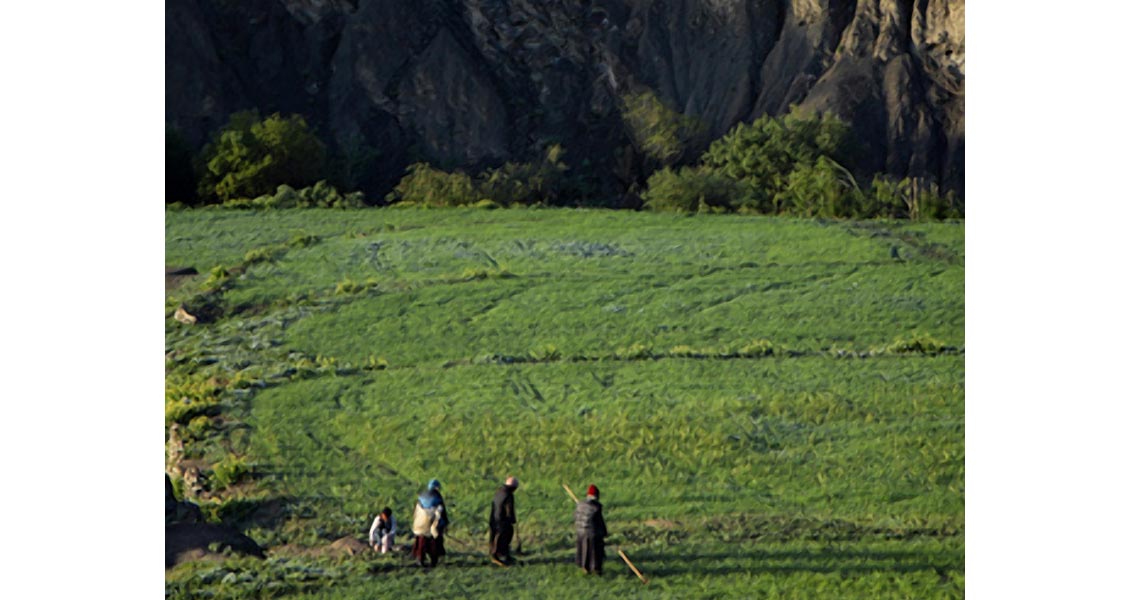<![CDATA[A newly-published research study claims that the agricultural efforts of humanity 7,000 years in the past kept the planet warmer that it would have been otherwise. The study’s lead author, climate scientist William Ruddiman from the University of Virginia, said in a press release that the planet was kept warm in part by early farming efforts. The roots of the new study come from an early anthropogenic hypothesis created by Ruddiman several years ago in which the climate scientist posited that human activity – especially burning massive regions of forested land to create space to graze livestock and grow crops – altered the global climate. The methane and carbon dioxide that clearing massive swathes of forest released into the atmosphere kept natural cooling at bay – cooling that should have otherwise occurred, Ruddiman said. This early anthropogenic hypothesis has grown to be a controversial one over the intervening years. However, in his new research paper Ruddiman and an international team of scientists and researchers remark that the last few years have seen an increasing amount of evidence accumulate to support the hypothesis. One source of evidence that has been instrumental has been ice-core records, some of which have been dated to as old as 800,000 years in the past. These core samples have shown that the cooling period that was expected to occur around 7,000 years ago was stopped in its tracks by human intervention. The result, Ruddiman and his colleagues say, is that human agricultural efforts put a halt to what would have otherwise been a nascent ice age. The idea that the Earth goes through naturally-occurring climate change is not new. The last interglacial period, caused by a variance in the Earth’s orbit, began almost 12,000 years ago. Scientists refer to this as the beginning of the Holocene epoch, though some researchers have argued that the Holocene has since come to an end as a result of human influence on the environment; these scientists say that the new epoch, coined the Anthropocene, began in the middle of the twentieth century as a result of increased greenhouse gas emissions from human industry – much in the same way that Ruddiman and his team say the climate was subjected to additional warming 7,000 years ago from widespread agriculture. The climate scientist says that, after a dozen years of debate concerning the early anthropogenic hypothesis, the evidence continues to mount from several different scientific disciplines that humanity’s influence in the form of widespread early agriculture has become increasingly clear. The research study, which appears in the scientific journal Reviews of Geophysics, can be found online here Image courtesy of Wikimedia Commons user: nevil zaveri]]>
Ancient Human Agriculture Helped Keep Earth Warm
